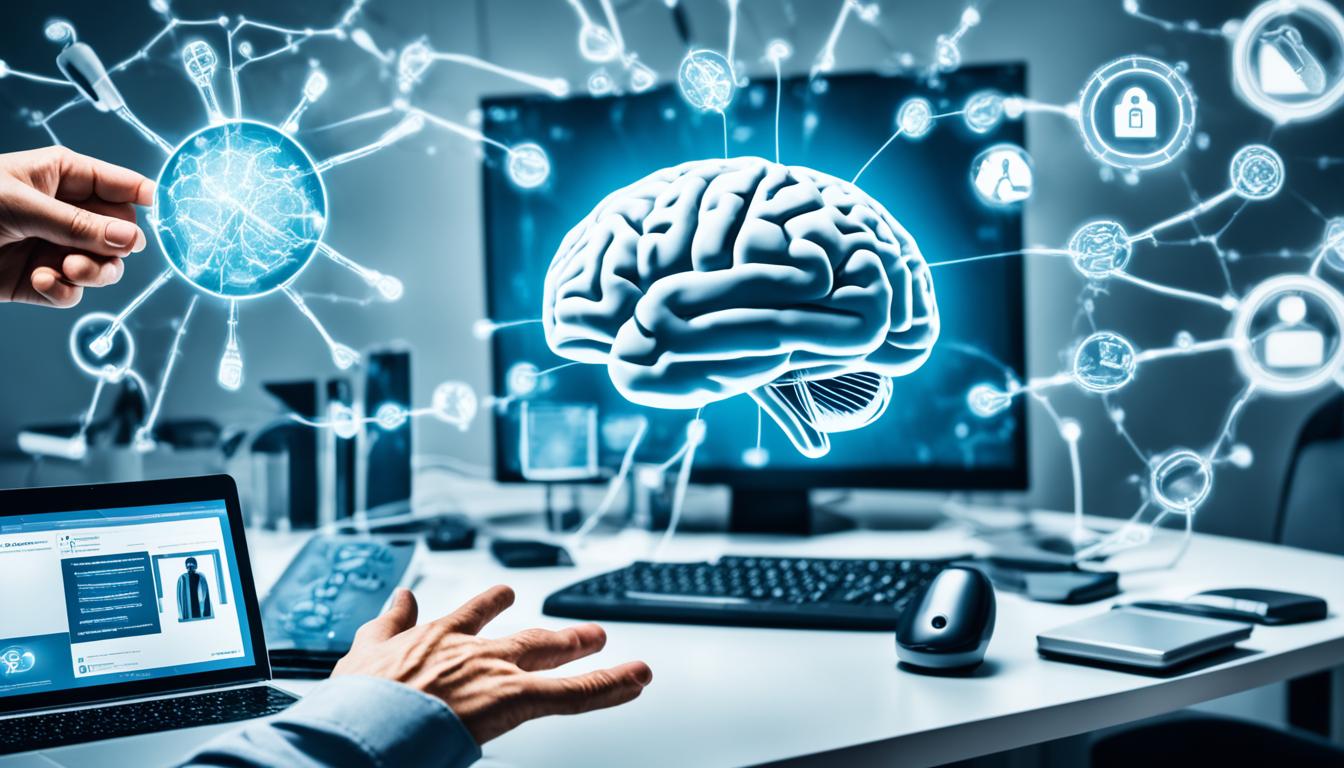Kleptomania is a rare mental health disorder where people feel a strong urge to steal. This can lead to feelings like stress, anxiety, joy, and relief, but also guilt and shame. They steal things that are not needed and have little value.
The cause of kleptomania is not yet fully understood. Some believe that an imbalance in certain brain chemicals, like serotonin and dopamine, might be involved. Having a family history or other mental health issues can also make someone more likely to develop kleptomania.
Treating kleptomania often involves both medicine and talking therapy. Antidepressants or drugs that block the effects of opioids might be prescribed. Cognitive-behavioral therapy (CBT) can help people better manage their impulses and find healthier ways to cope.
There is some interest in using stem cell therapy to treat kleptomania. Yet, more studies are necessary to confirm its benefits and safety for this disorder.
Key Takeaways:
- Kleptomania is a rare mental health disorder characterized by a strong urge to steal items that are not needed and of little value.
- Symptoms of kleptomania include an inability to resist the urge to steal, increased stress and anxiety leading to theft, feelings of joy or relief after stealing, and guilt or shame afterwards.
- The exact cause of kleptomania is unknown, but imbalances in neurotransmitters may play a role.
- Treatment for kleptomania typically involves a combination of medication and psychotherapy.
- Stem cell therapy is an emerging treatment option for kleptomania, but more research is needed to determine its effectiveness.
Symptoms of Kleptomania kleptomania
Kleptomania is a mental health disorder where people feel a strong need to steal. These items are usually not useful or important. It’s important to know the signs of kleptomania so we can help early. Kleptomania symptoms are different for everyone but often include:
- An inability to resist the urge to steal items that are not needed or necessary
- Feeling increased stress, anxiety, or agitation leading to theft
- Experiencing joy, relief, or satisfaction after stealing
- Feeling guilt, regret, self-loathing, shame, or fear of being caught afterwards
- Repetitive episodes of stealing, often accompanied by a sense of urgency
People with kleptomania don’t steal for the same reasons as others. They’re not after getting something or getting back at someone. For them, stealing happens because they can’t stop themselves.
Seeing these signs is key for someone who might have kleptomania. Getting a correct diagnosis and the right treatment is very important. If you or someone you know has these kleptomania symptoms, it’s crucial to talk to a mental health expert. They can help by checking things out and suggesting the best next steps.
Causes of Kleptomania kleptomania
The reasons behind kleptomania aren’t fully clear yet. But, some factors could lead to this disorder. One idea is that issues with brain chemicals like serotonin and dopamine may cause it. These issues might mess up the brain’s normal work, leading to an urge to steal.
Problems with the brain’s opioid system could also have a part in kleptomania. This system controls our feelings of wanting and happiness. So, when someone with kleptomania steals, it might make them feel good because of dopamine. This good feeling can make them steal again.
Other mental health issues can add to kleptomania. Things like low self-esteem, jealousy, and eating disorders might make someone feel bad about themselves. Stealing could be a way they try to feel better or more in control.
Kleptomania is a complex problem with many causes. More research is needed to truly understand where it comes from. Finding and dealing with these root causes are key to helping those with the disorder.

